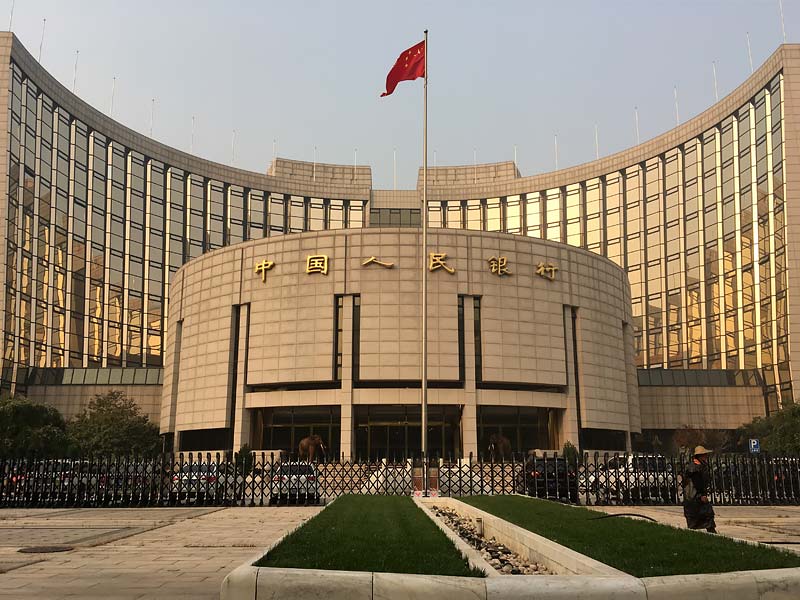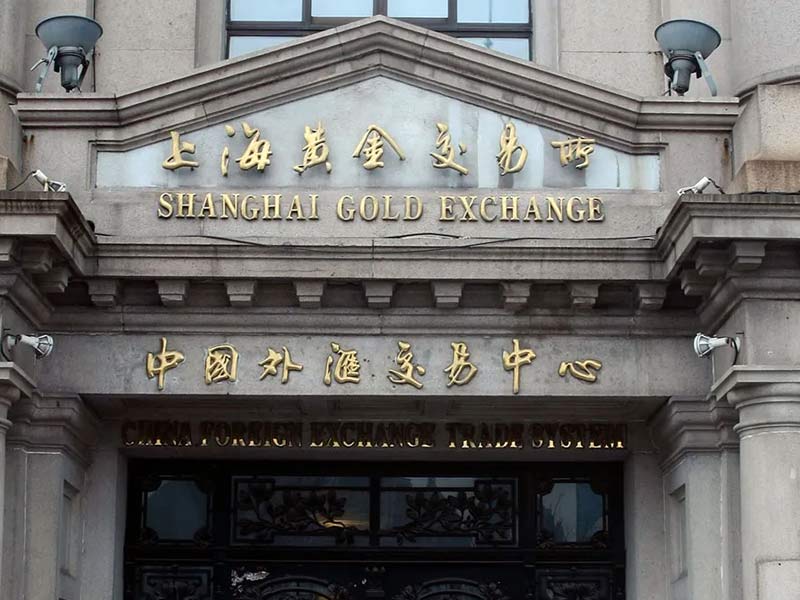In contrast to an average price of less than $6 over the previous ten years, the bullion market in China has soared this month, at times commanding a record premium above international prices of more than $100 per ounce.
According to estimations by Bloomberg, an ounce of gold cost $2,007 on Wednesday, about 6% more than the price in London or New York.

Students studying economic stress are familiar with this flight to safety. Investors are purchasing gold, according to a study by Bloomberg analysts David Qu and Chang Shu.
This is because of the weakening yuan, the collapse of the real estate market, and capital regulations that prevent money from leaving the country.
Additionally, it is a remarkable turnabout from earlier in the year, when China’s recession reduced interest in the metal as consumers responded to apprehensive economic conditions by being more frugal with their money.
The People’s Bank of China implemented import restrictions in June, which may have been an attempt to support the value of the yuan by reducing the demand for dollars to purchase gold. This resulted in the rise of the so-called Shanghai premium.
The currency’s decline is currently, however, having the reverse impact as investors seek assets denominated in dollars to maintain value.
Bullion should continue to be maintained by strong demand even as import limits have been relaxed, Standard Chartered Plc analyst Suki Cooper wrote in a report last week.

It makes sense that demand for a safe haven like gold would increase when you take into account China’s ongoing real estate crisis, lax monetary policy, and falling bond yields.
In August, withdrawals from the Shanghai Gold Exchange increased 40% from July, while imports increased 15%. The amount invested in Chinese exchange-traded funds also increased to its highest level since July 2022.
The Chinese central bank, which has increased purchases for 10 consecutive months as it diversifies its holdings, is another supporter of gold.
However, it is unclear whether gold’s exorbitant price can withstand such high levels of demand. Early October’s Golden Week holiday, which typically sees a spike in the price of the precious metal in China, will be the market’s main concern.

After dropping more than 1% since last week, the worldwide spot gold price stayed stable on Wednesday at almost $1,900 per ounce.
Also, Read Karnataka has the highest liquor prices all over India
Since the end of August, China’s economy has enjoyed some reprieve, thanks to firming manufacturing and higher auto sales. The September PMIs are anticipated to demonstrate that recent stimulus measures are beginning to have an effect.
China’s supremacy in the shift to electric vehicles is the latest cause of contention with the United States and Europe, where policymakers confront a costly catch-up effort to avoid long-term dependency.
The flood of Chinese exports that has been inundating the market will finally start to ease for global steelmakers.

























